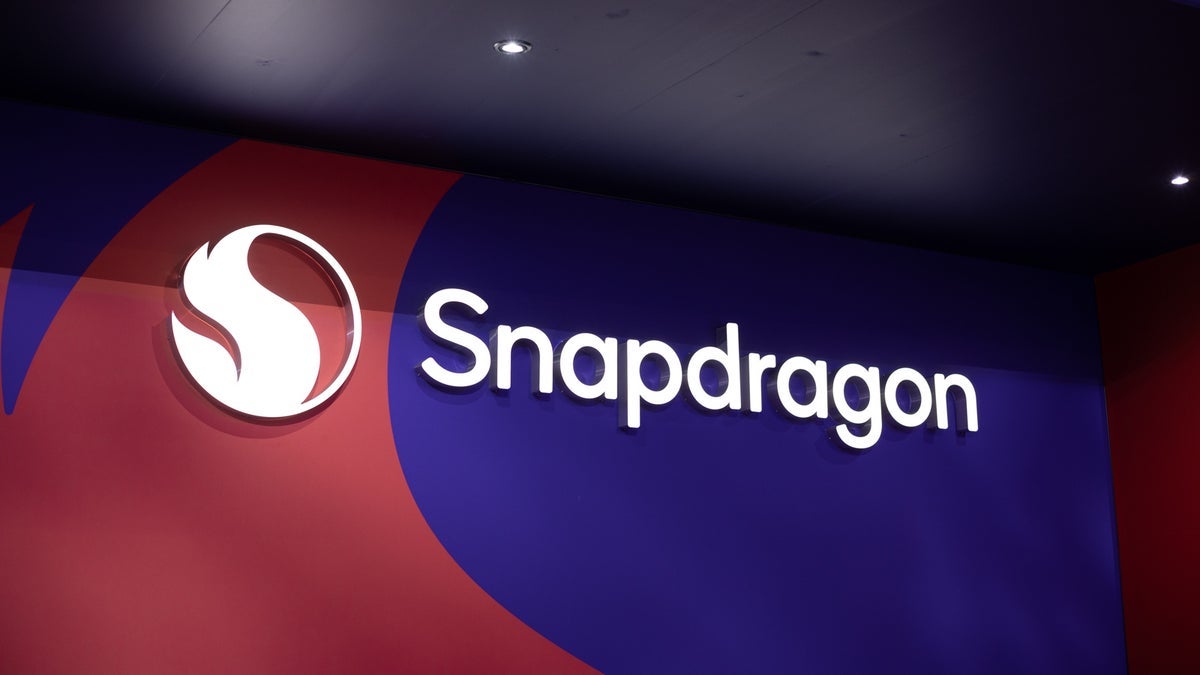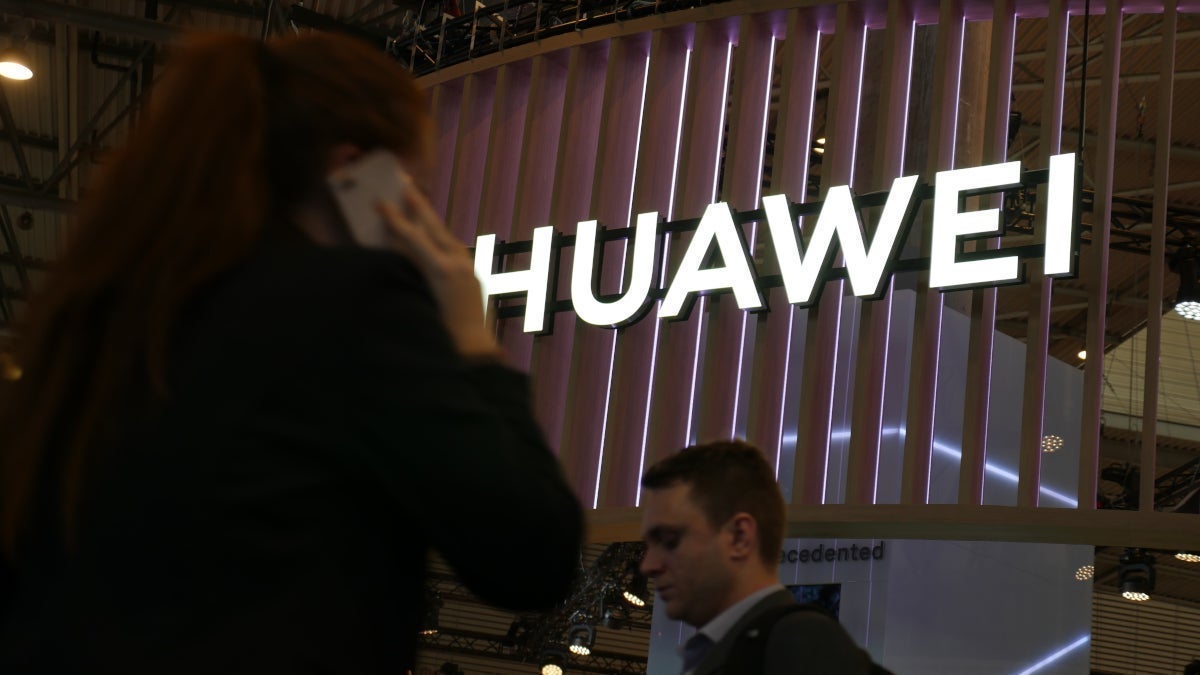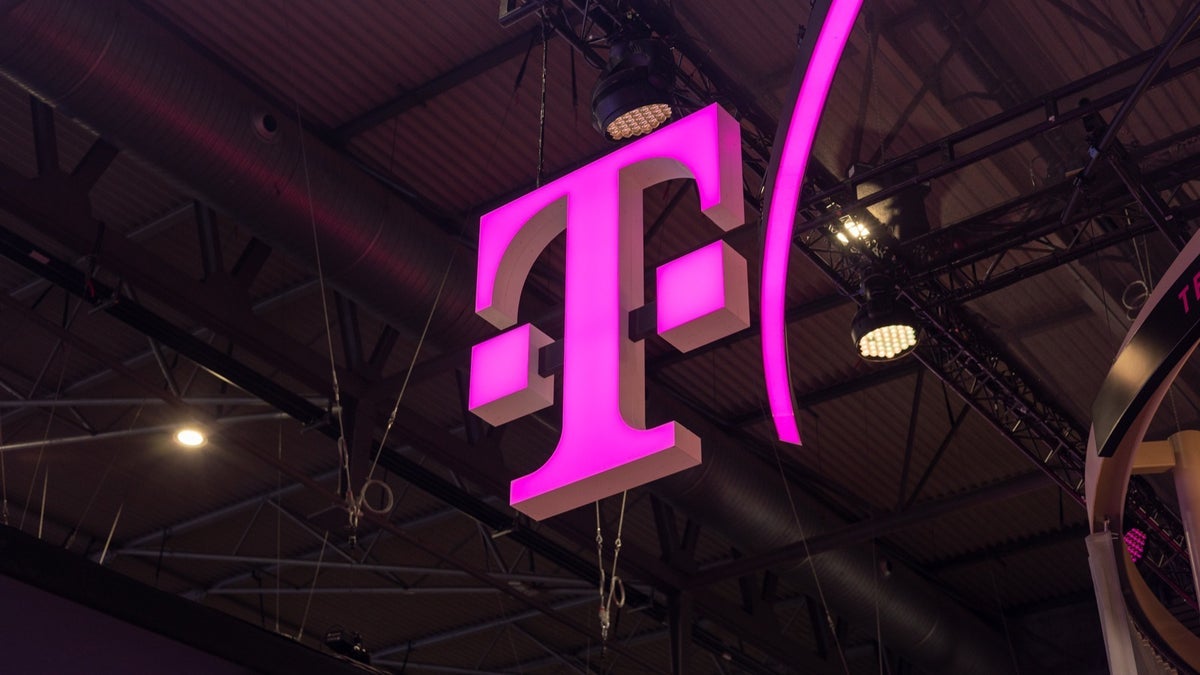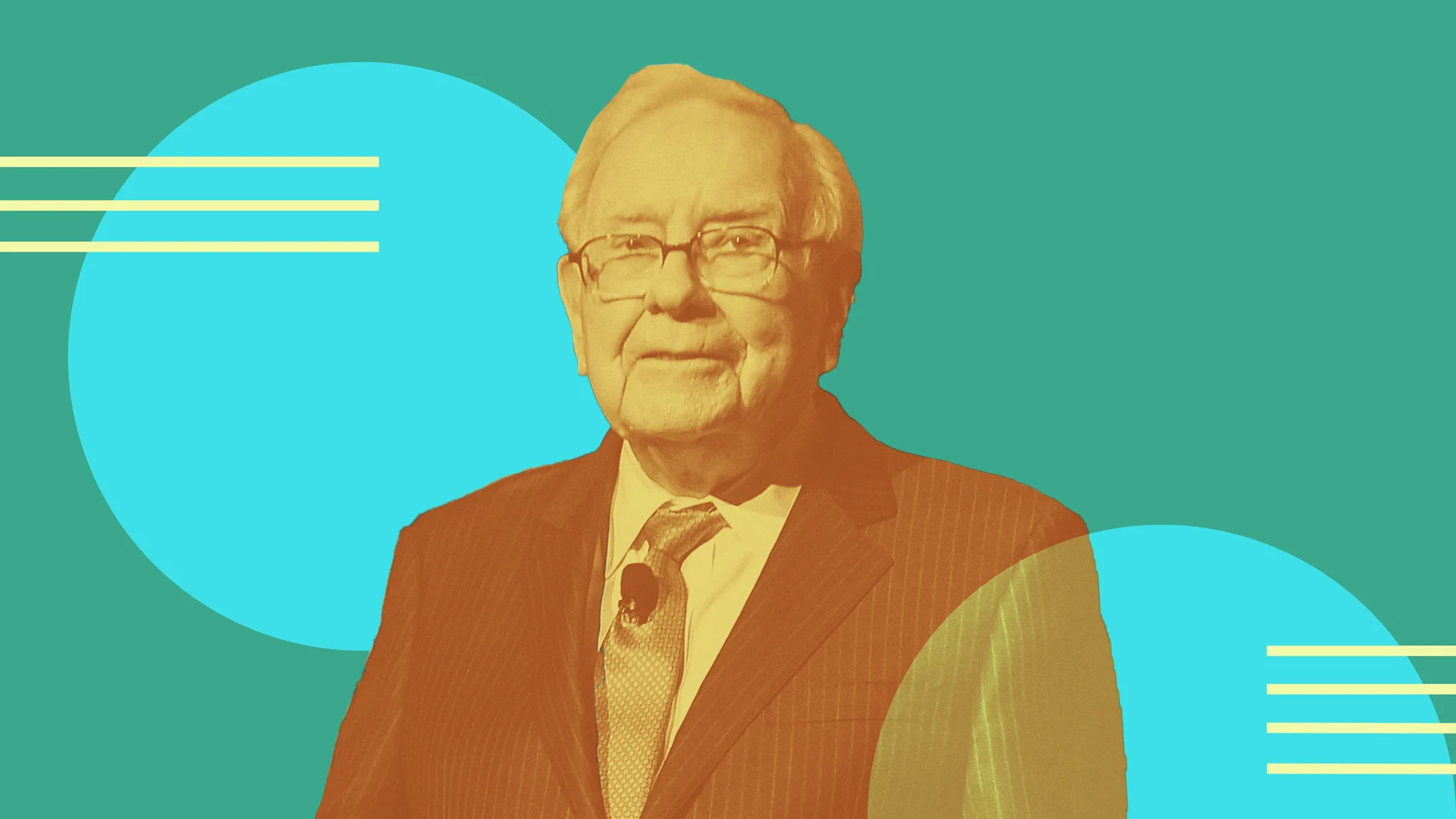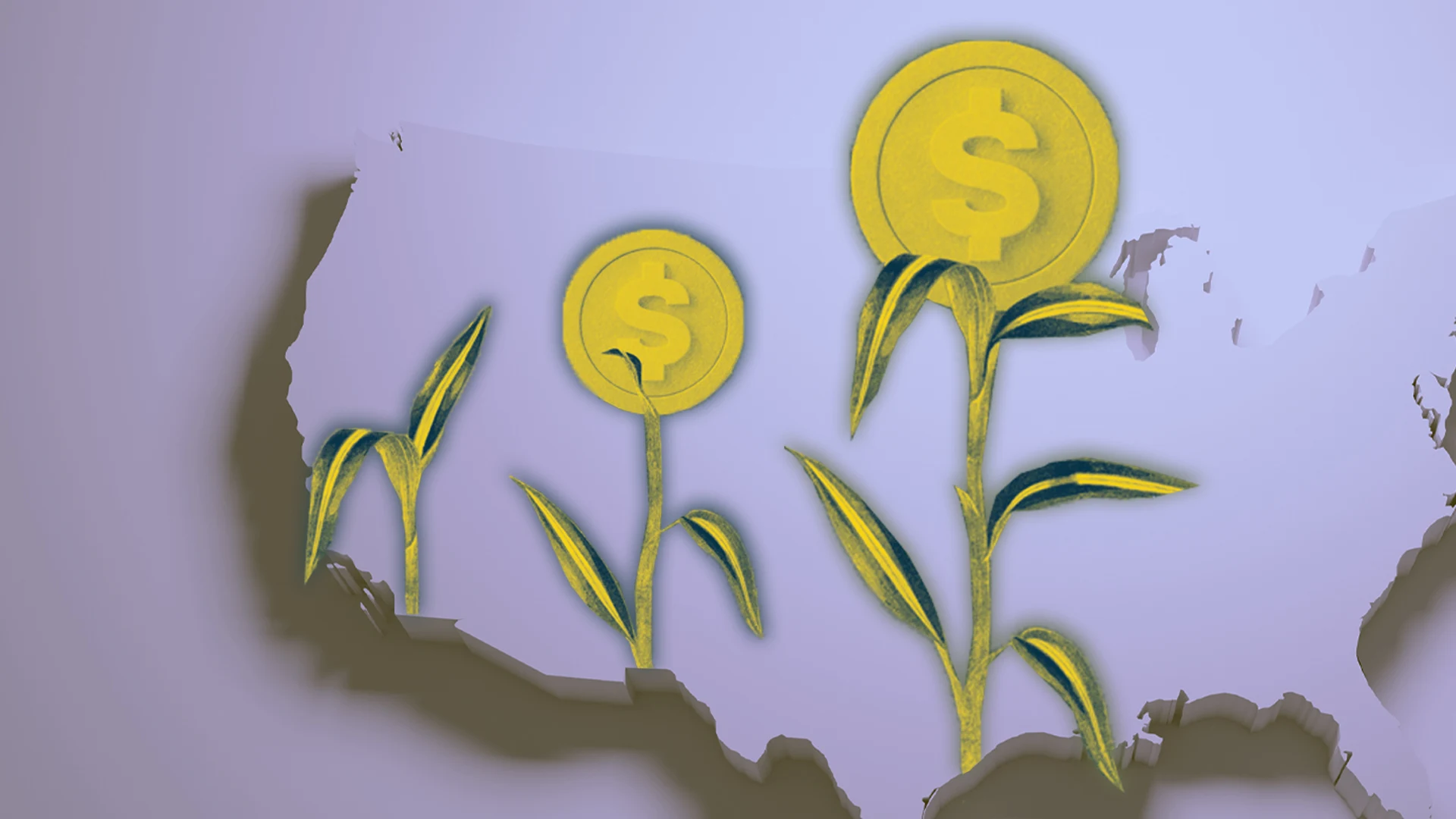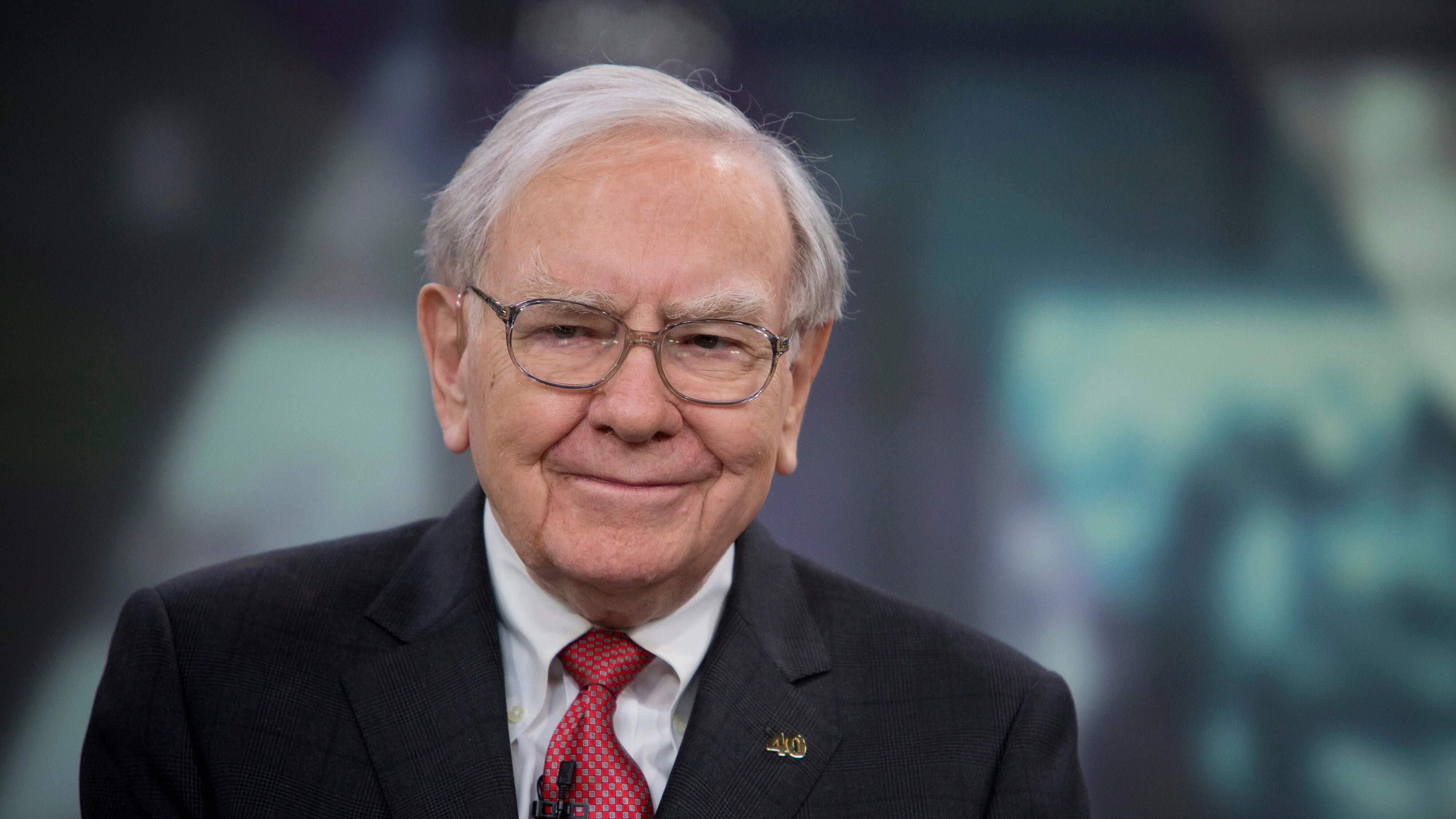Vedantu’s phoenix moment; Empowerment through adaptive clothing
Vedantu is on a journey of disciplined execution to get onto the path to profitability. Project Riayat is redefining clothing by designing adaptive wear for people with disabilities.


Hello,
It’s the end of an era at Berkshire-Hathaway.
Warren Buffett, one of the world’s most famous investors, has said he will step down as chief executive of Berkshire Hathaway at the end of 2025 and hand over the reins to Vice Chairman Greg Abel.
This marks the end of 60 years at the helm for Buffett, a journey which catapulted him to becoming a celebrity billionaire and an American success story. The announcement prompted an outpouring of praise and remembrances of his six-decade term from founders, executives and public figures.
Abel certainly has his work cut out for him in filling Buffett’s shoes. And investors aren’t making it easy—they expect the same long-haul strategy and trajectory from Berkshire going forward, even without Buffett’s star power backing it.
ICYMI: The veteran investor has had a storied career, with companies like Apple and American Express as the crowning jewels of Berkshire’s multi-billion dollar portfolio.
In other news, TikTok’s gotten yet another stay on a US ban, with Donald Trump saying he would extend the June 19 deadline for parent company ByteDance to divest the app’s US assets if no deal had been reached by then.
While a deal has been in the works for a while, the US-China tariff dispute is a major point of contention, and will likely be a significant roadblock to approval.
Perhaps the third time’s the charm?
In today’s newsletter, we will talk about
- Vedantu’s phoenix moment
- Empowerment through adaptive clothing
Here’s your trivia for today: What unusual item once became a form of currency in Holland?
Edtech
Vedantu’s phoenix moment
Vedantu’s founder believes the phoenix is a fitting analogy to his edtech firm which many had given up on. But, in the last few years, the K-12-focused edtech firm has found its bearings and worked its way back to growth, says Vamsi Krishna, Vedantu’s Co-founder and CEO.
According to Krishna, Vedantu’s recovery has been driven by strategic moves: a measured rollout of lean offline centres designed to hit cash‐positivity within a year; the acquisition of test-prep firm Deeksha, which immediately added high‐margin revenue without building infrastructure; and an unflinching desire to reduce cash burn–all of which are helping reposition Vedantu as a serious edtech player ahead of a potential IPO.
Recovery:
- For FY25, the firm expects group revenue of around Rs 232 crore, net collections of Rs 284 crore, and a net negative cash flow of Rs 70 crore. Based on net collections, revenue could touch Rs 330 crore in FY26, Krishna asserts.
- While Vedantu’s standalone tuition business is navigating choppy waters, its test-prep business (Deeksha) has shown better promise. It is also betting on school-integrated programmes wherein it partners with schools to deliver foundation-level test-prep using the school’s infrastructure.
- The company is also eyeing a $100 million-$150 million IPO by 2026 or 2027 at a valuation of $500 million-$600 million. It is also looking to tap into the secondary market to provide investors exit options.

Design: Nihar Apte
Social Impact
Empowerment through adaptive clothing
Fashion has long catered to the able-bodied, leaving millions to adapt to clothes that don’t fit their realities. But three students from Delhi College of Arts and Commerce (DCAC), Delhi University, have decided to flip the script.
Their student-led initiative under the umbrella of Enactus DCAC is redefining clothing by designing adaptive wear for people with disabilities. Founded in 2023, by Avishi Gupta, Umang Bansal, and Ananya Goel, Project Riayat was founded with the belief that fashion should not only be functional but also empowering.
Adaptive clothing solutions:
- Their first prototype involved designing lowers with side zippers for people with prosthetics. These allow the wearer to adjust or remove pants without external help or removing the entire garment. For wheelchair users, the team designed pants that could be worn without needing to stand or receive assistance.
- To ensure the designs were grounded in reality, the team partnered with Family of Disabled (FOD), a Delhi-based non-profit. Currently, a group of 25–30 individuals with disabilities from FOD mentor and manufacture the adaptive clothing, ensuring both the design and production processes are inclusive.
- Realising the emotional burden of needing assistance for private tasks like dressing, the team partnered with the Vandrevala Foundation to offer mental health support. The sessions are offered at a minimal cost as part of a community service initiative, with the collected amount going entirely towards the remuneration of the professionals conducting them.

News & updates
- Planned hikes: OPEC+ plans to further accelerate oil output hikes and could unwind its 2.2 million barrels per day (bpd) of voluntary cuts by the end of October if members do not improve compliance with their production quotas. The group is likely to agree in June to release another 411,000 bpd in July.
- Deal proposal: Shell Plc is working with advisers to evaluate a potential acquisition of BP Plc, though it’s waiting for further stock and oil price declines before deciding whether to pursue a bid.
What you should watch out for
- Swiggy and Paytm results: All eyes will be on Swiggy and Paytm parent One97 Communications as they ready themselves to release their Q4 earnings. For Q3, One97 Communications posted a Rs 208.5 crore net loss in the third quarter of FY25, in a reversal from the previous quarter. Swiggy, too, reported a widening Q3 loss of 39% year-on-year at Rs 799 crore from Rs 574 crore in the previous year.
- US Fed meeting: Globally, investors will be focused on the outcome of the Federal Open Market Committee meeting scheduled for May 7, which could sway market sentiment in case of any decision regarding interest rate cuts.
What unusual item once became a form of currency in Holland?
Answer: Tulip bulbs. During the Dutch Tulip Mania of the 1630s, tulip bulbs were traded like assets, and could fetch incredibly high prices.
We would love to hear from you! To let us know what you liked and disliked about our newsletter, please mail nslfeedback@yourstory.com.
If you don’t already get this newsletter in your inbox, sign up here. For past editions of the YourStory Buzz, you can check our Daily Capsule page here.





































































































































































![[The AI Show Episode 145]: OpenAI Releases o3 and o4-mini, AI Is Causing “Quiet Layoffs,” Executive Order on Youth AI Education & GPT-4o’s Controversial Update](https://www.marketingaiinstitute.com/hubfs/ep%20145%20cover.png)












































































































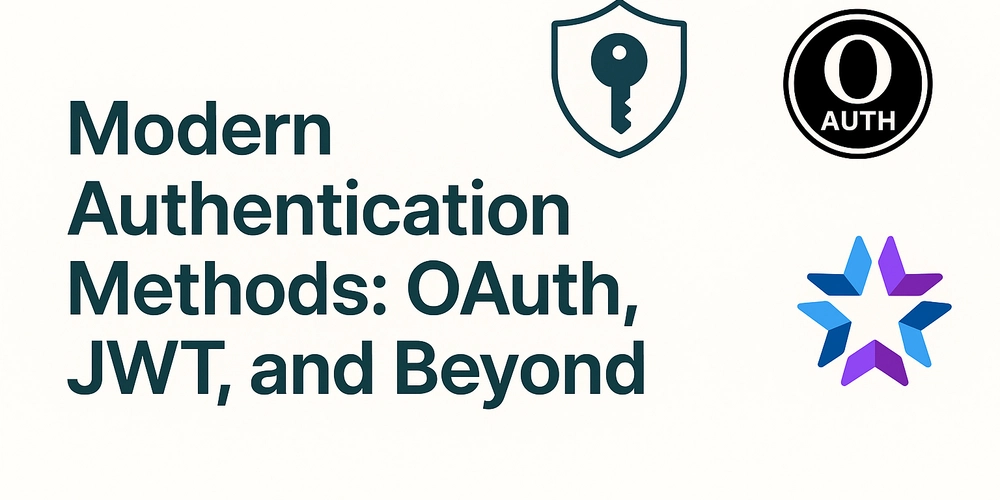
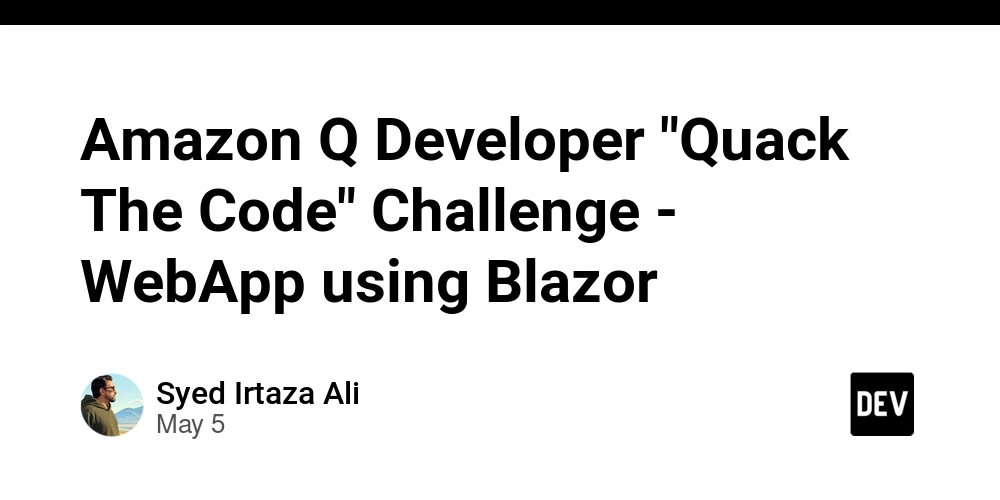

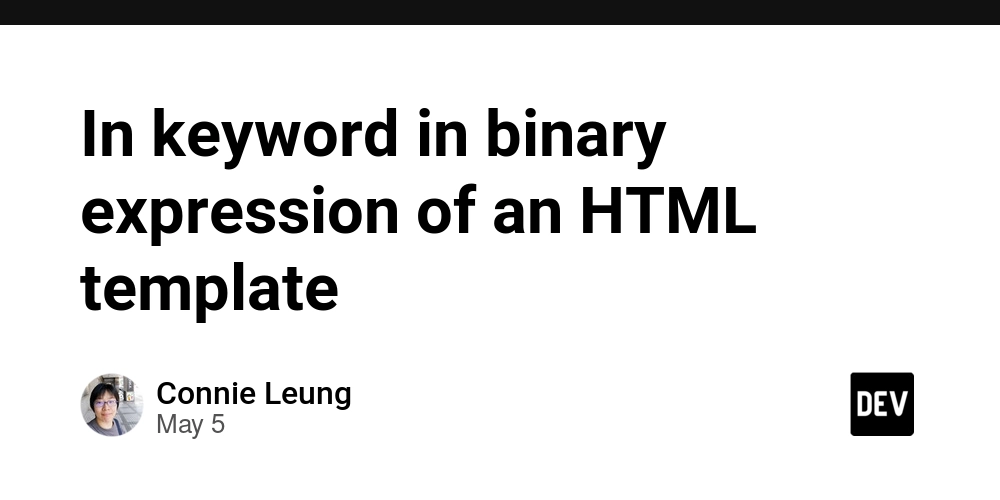














![[DEALS] Microsoft 365: 1-Year Subscription (Family/Up to 6 Users) (23% off) & Other Deals Up To 98% Off – Offers End Soon!](https://www.javacodegeeks.com/wp-content/uploads/2012/12/jcg-logo.jpg)



![From Art School Drop-out to Microsoft Engineer with Shashi Lo [Podcast #170]](https://cdn.hashnode.com/res/hashnode/image/upload/v1746203291209/439bf16b-c820-4fe8-b69e-94d80533b2df.png?#)




















![Re-designing a Git/development workflow with best practices [closed]](https://i.postimg.cc/tRvBYcrt/branching-example.jpg)





















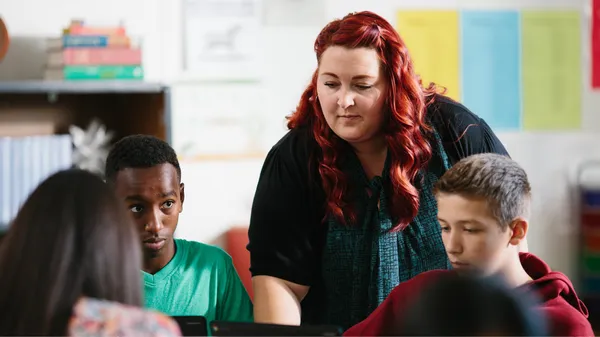






























































(1).jpg?#)






























_Inge_Johnsson-Alamy.jpg?width=1280&auto=webp&quality=80&disable=upscale#)





















































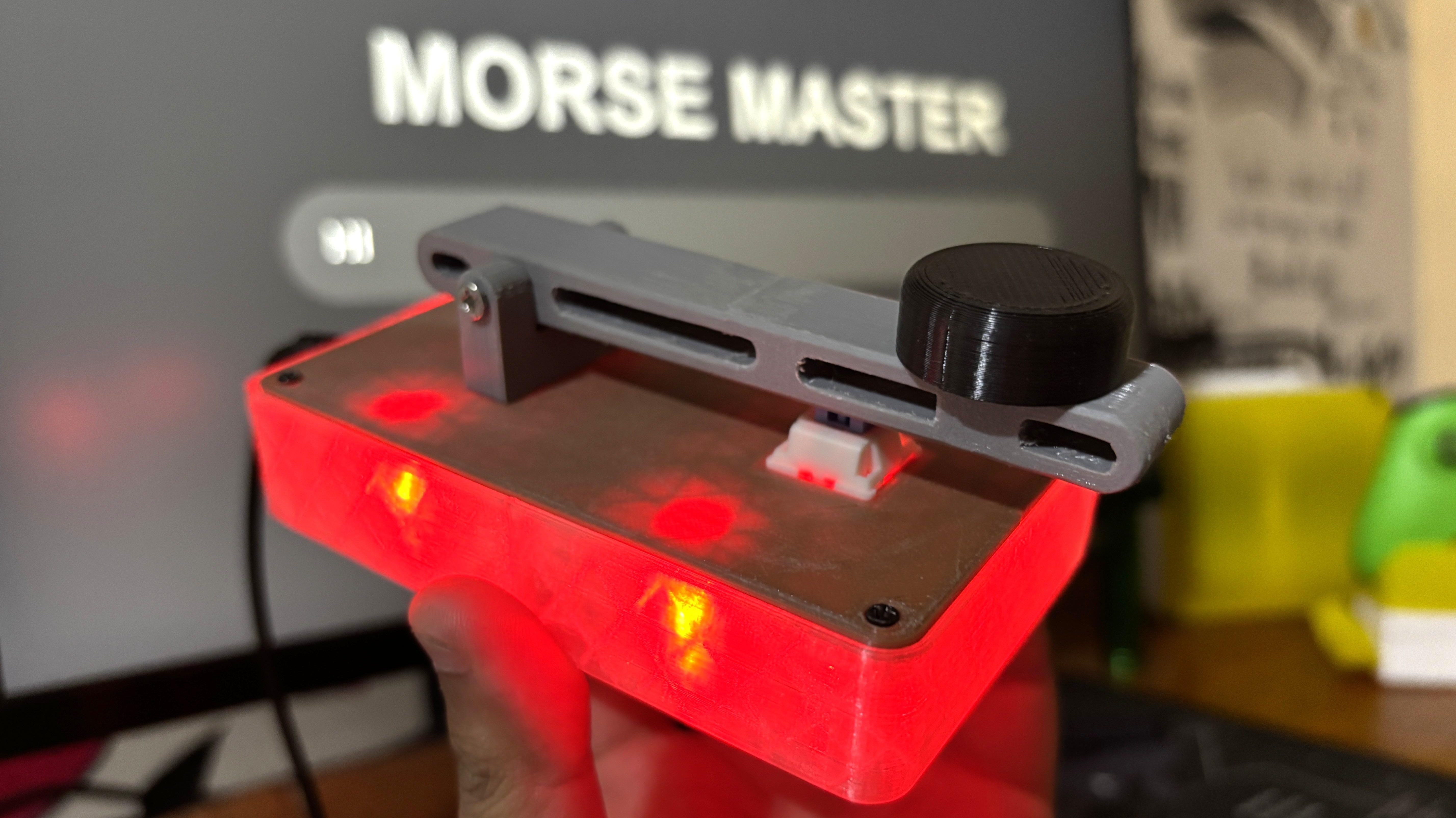





























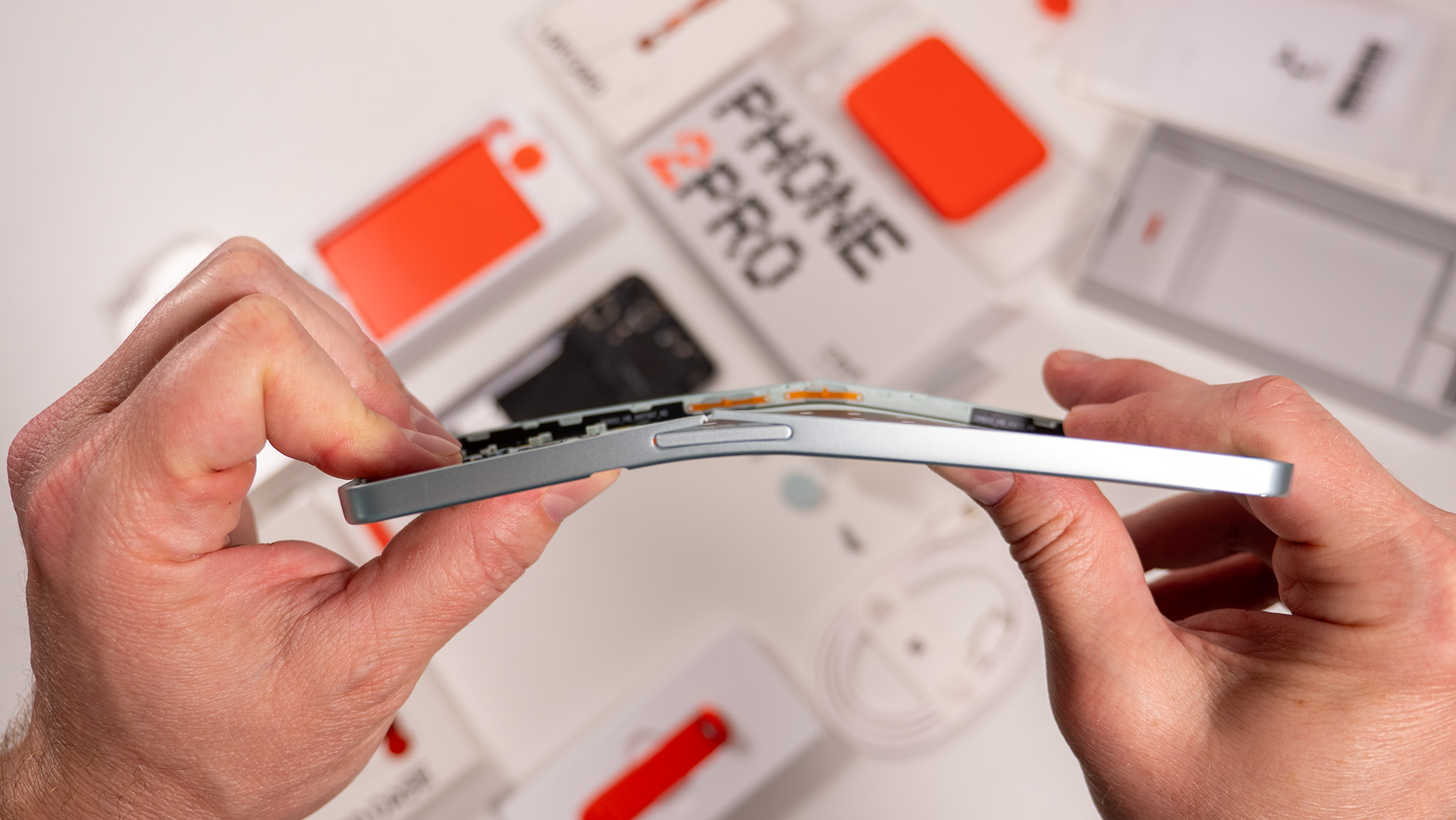
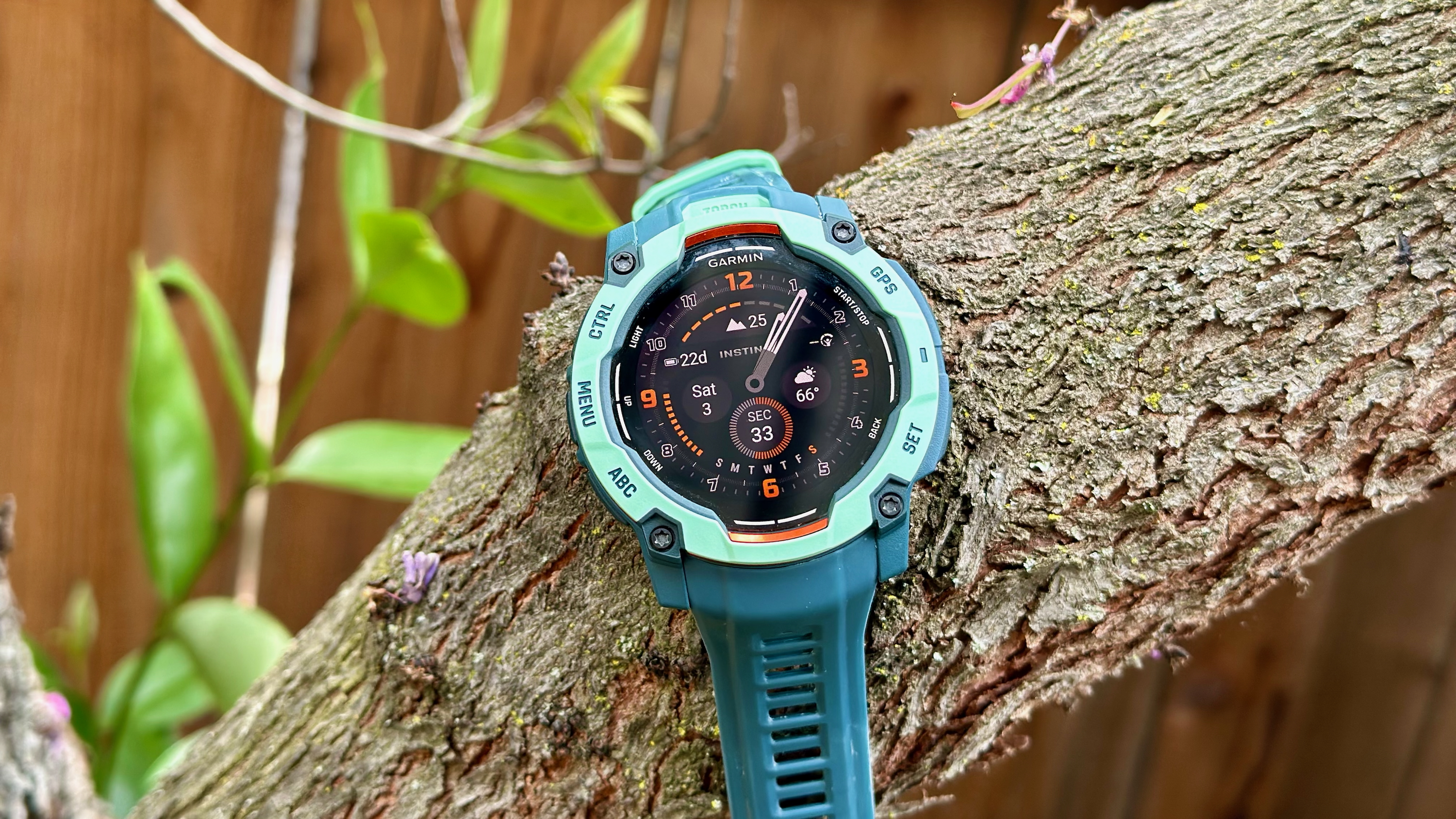


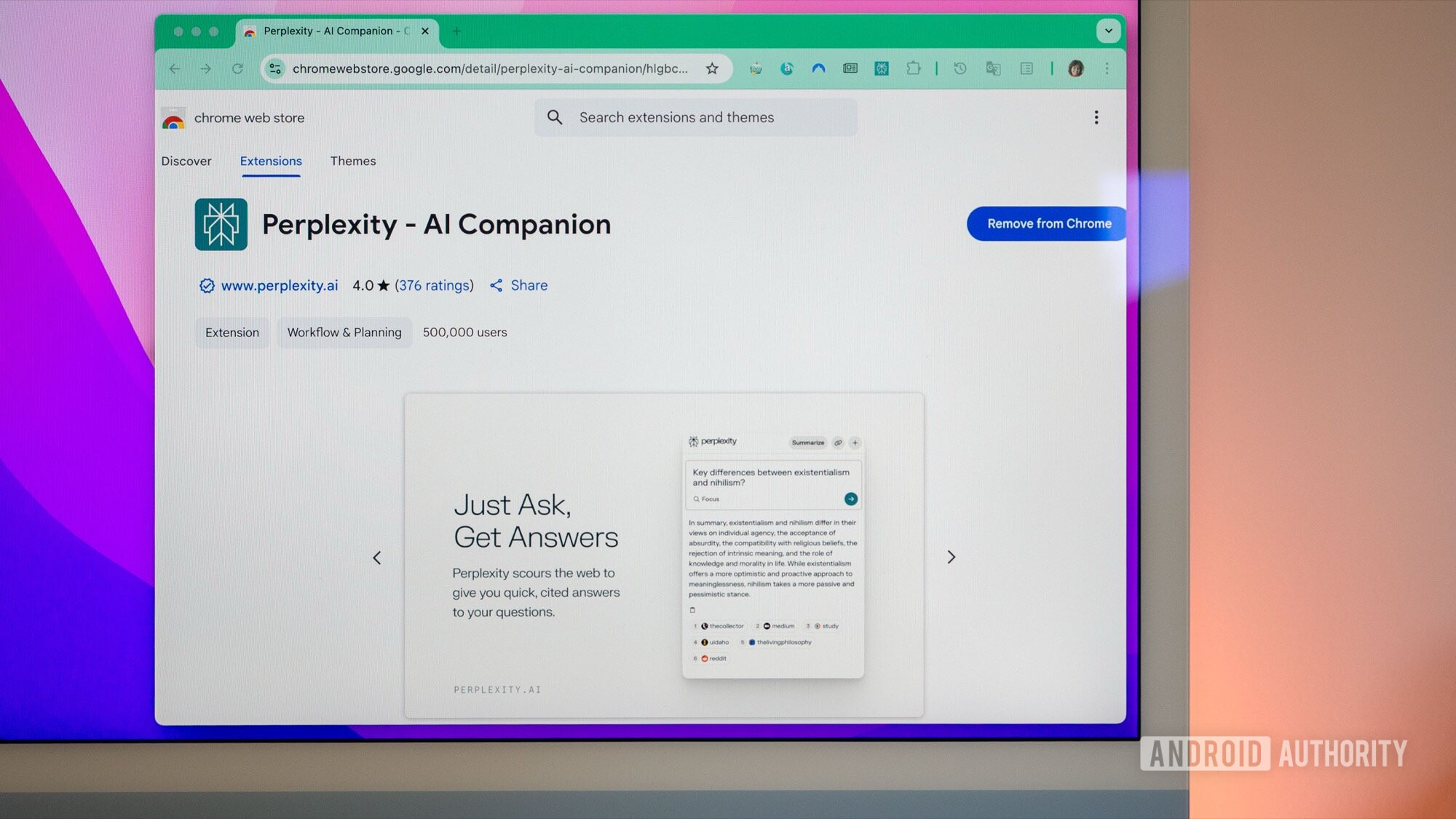




![The Material 3 Expressive redesign of Google Clock leaks out [Gallery]](https://i0.wp.com/9to5google.com/wp-content/uploads/sites/4/2024/03/Google-Clock-v2.jpg?resize=1200%2C628&quality=82&strip=all&ssl=1)
![What Google Messages features are rolling out [May 2025]](https://i0.wp.com/9to5google.com/wp-content/uploads/sites/4/2023/12/google-messages-name-cover.png?resize=1200%2C628&quality=82&strip=all&ssl=1)














![New Apple iPad mini 7 On Sale for $399! [Lowest Price Ever]](https://www.iclarified.com/images/news/96096/96096/96096-640.jpg)
![Apple to Split iPhone Launches Across Fall and Spring in Major Shakeup [Report]](https://www.iclarified.com/images/news/97211/97211/97211-640.jpg)
![Apple to Move Camera to Top Left, Hide Face ID Under Display in iPhone 18 Pro Redesign [Report]](https://www.iclarified.com/images/news/97212/97212/97212-640.jpg)
![Apple Developing Battery Case for iPhone 17 Air Amid Battery Life Concerns [Report]](https://www.iclarified.com/images/news/97208/97208/97208-640.jpg)
















































